Firms reel as Feb declared driest month on record
SINGAPORE — With February being the driest month in Singapore since 1869, some businesses have moved to cut their water use by deferring non-essential cleaning operations, while the PUB has temporarily closed off the water play areas at Marina Barrage, Alexandra Canal and Lower Seletar Reservoir to conserve water.
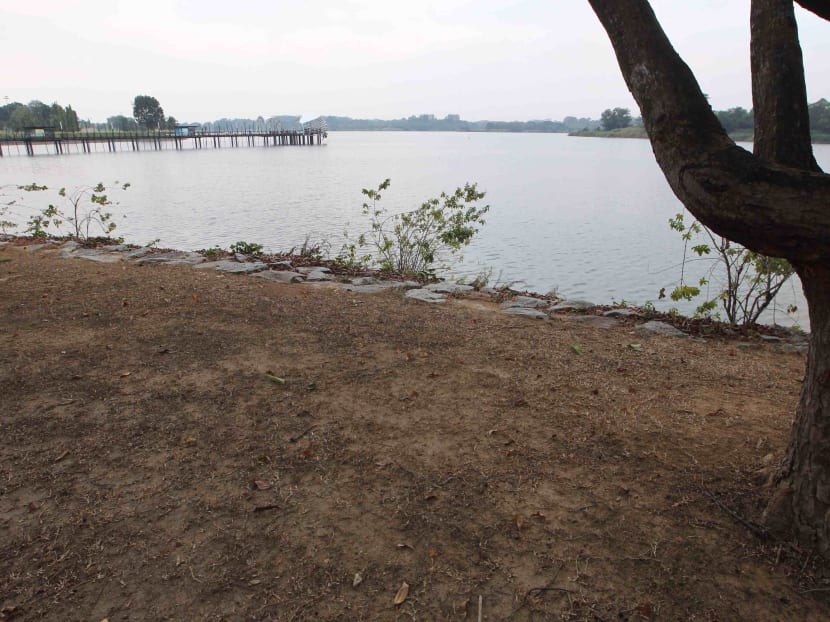
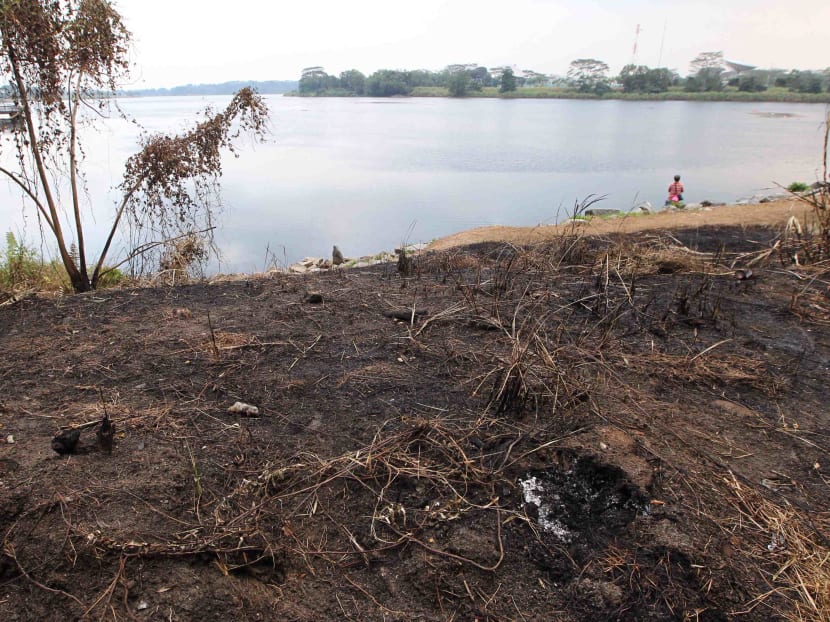
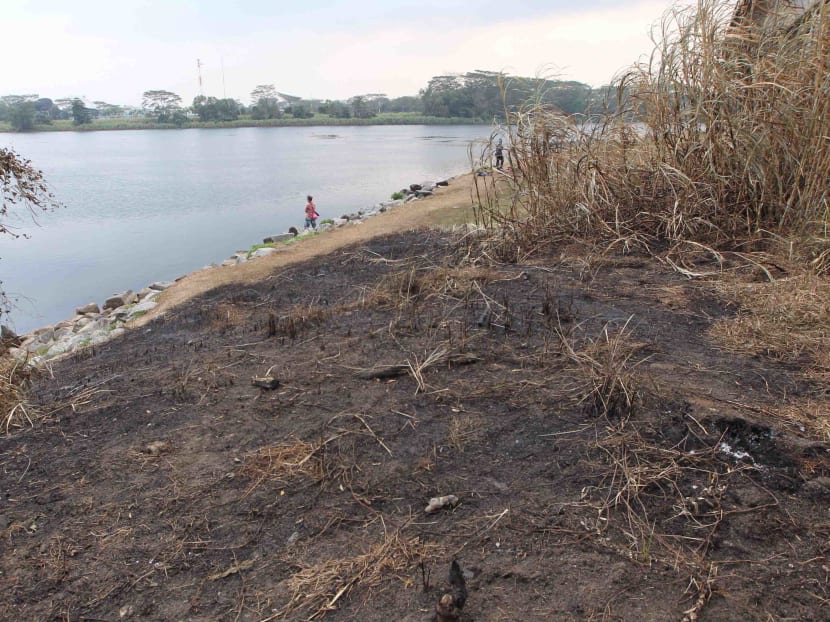
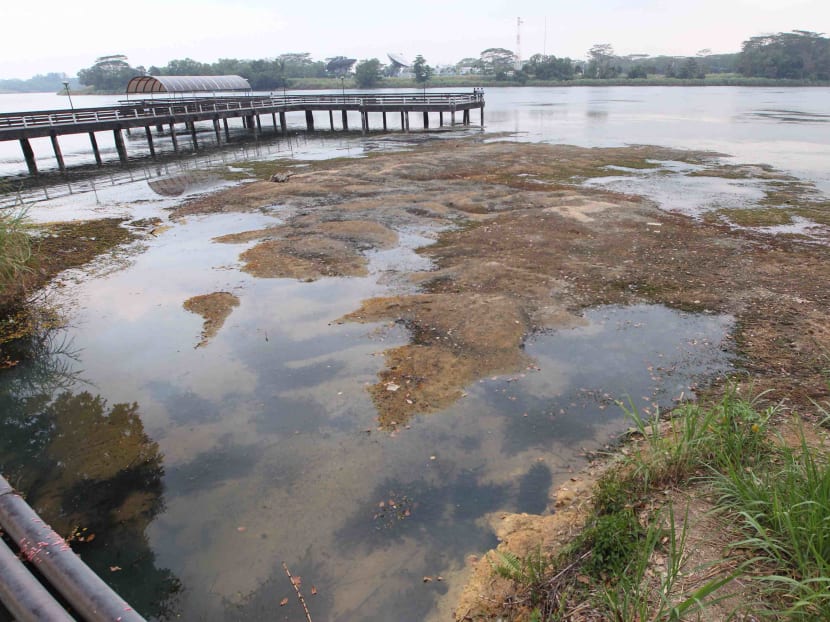
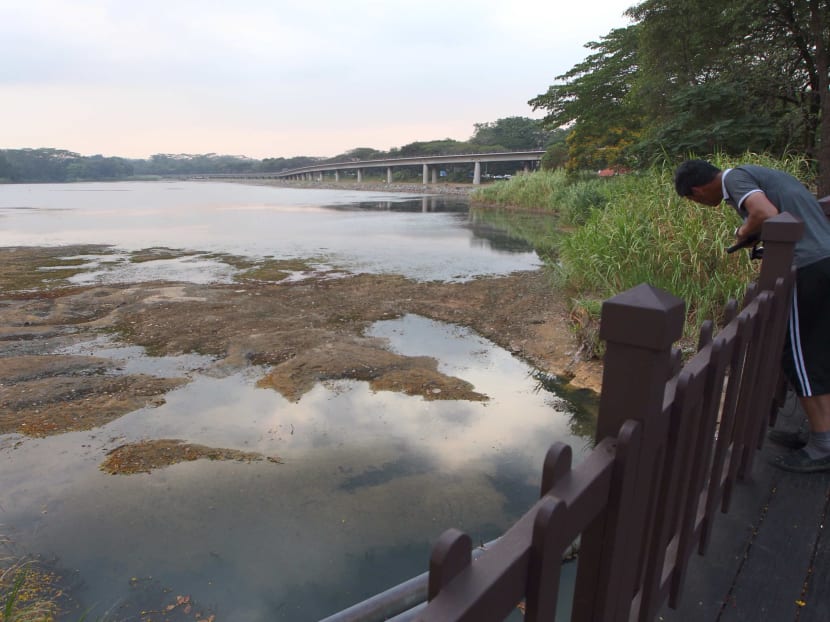
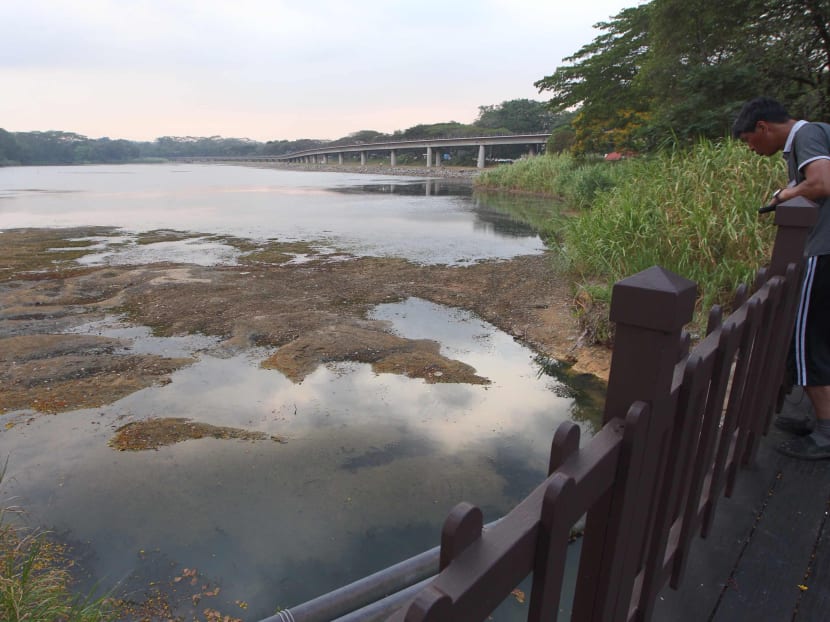
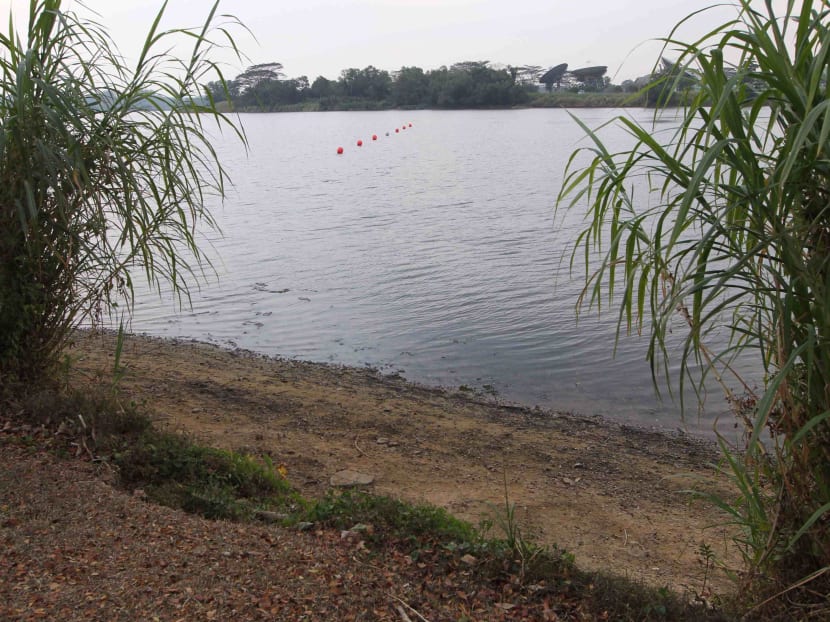
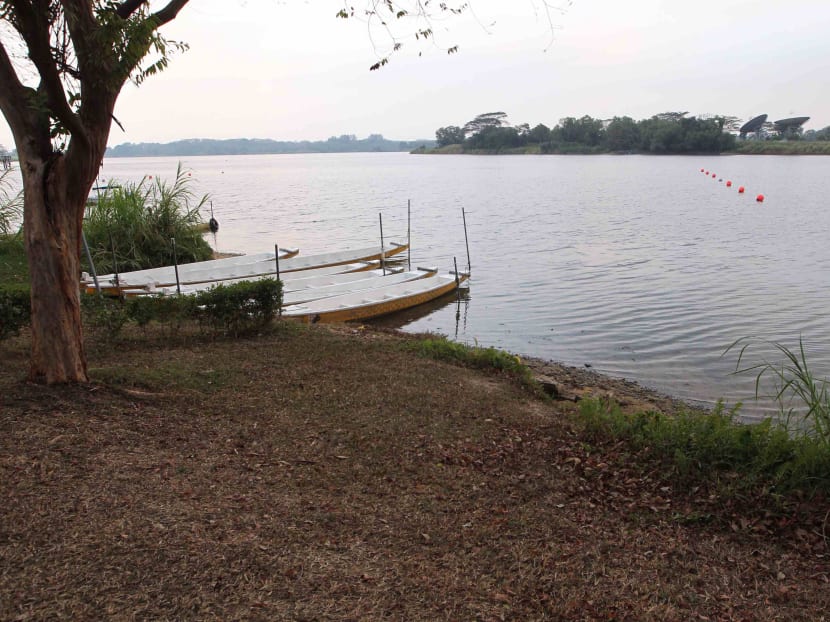
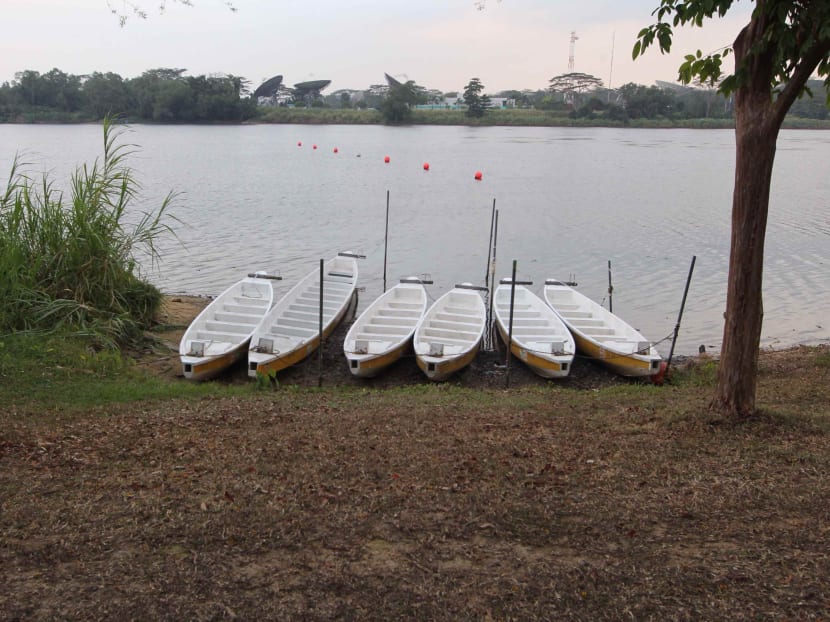
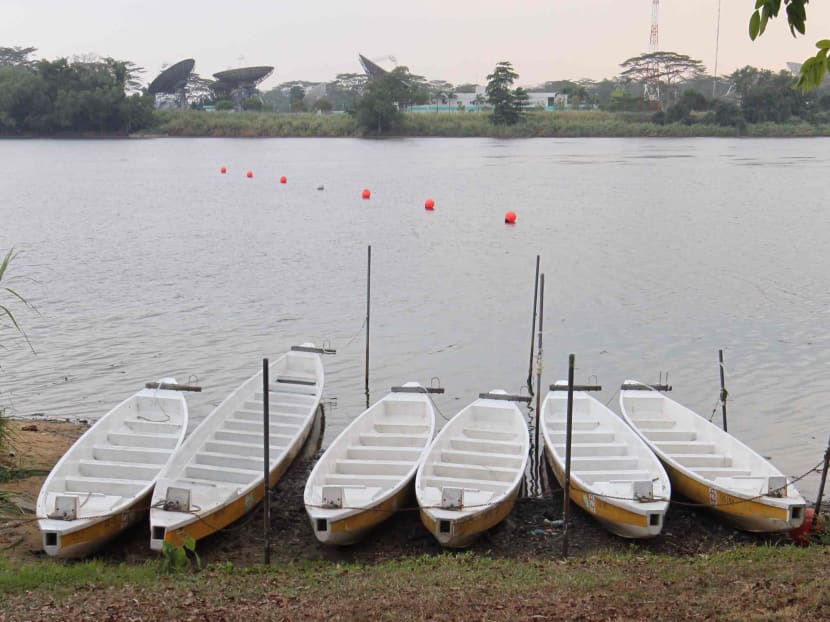
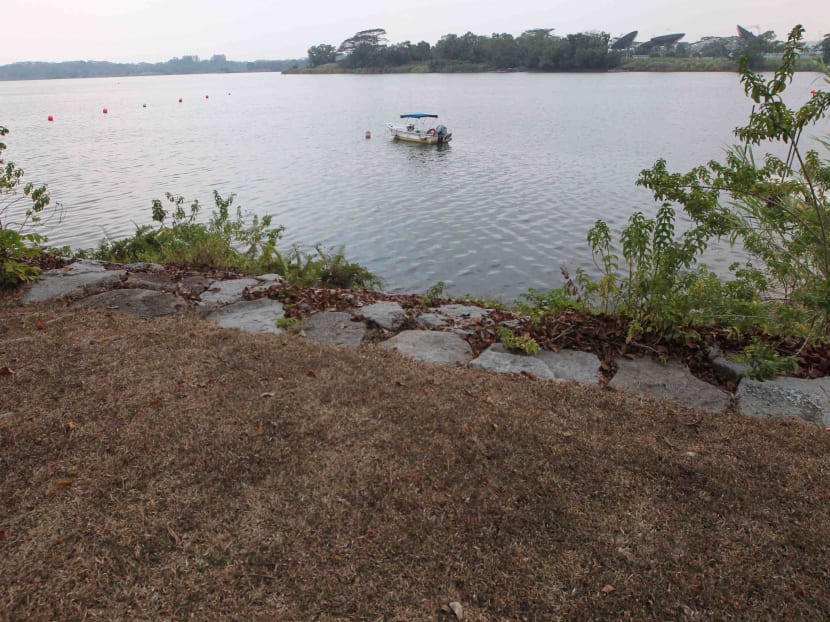
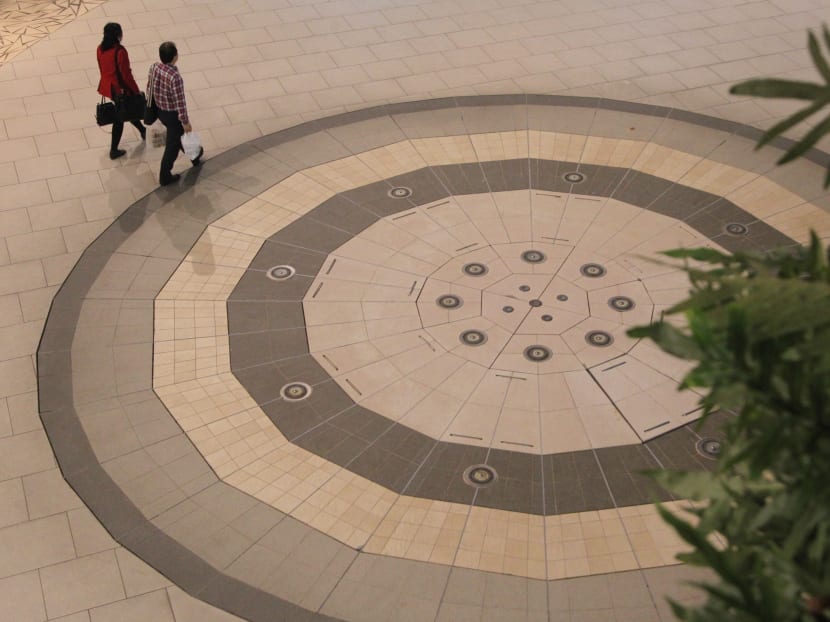
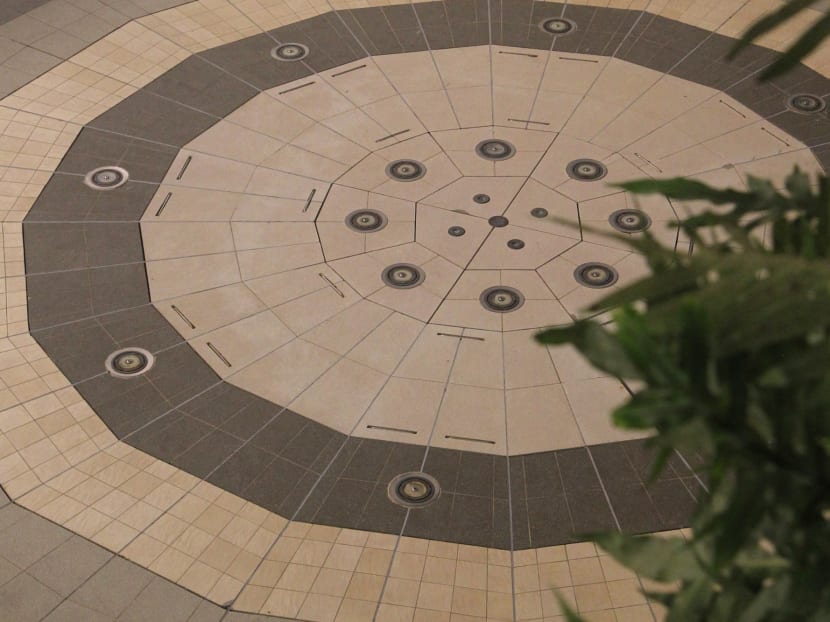
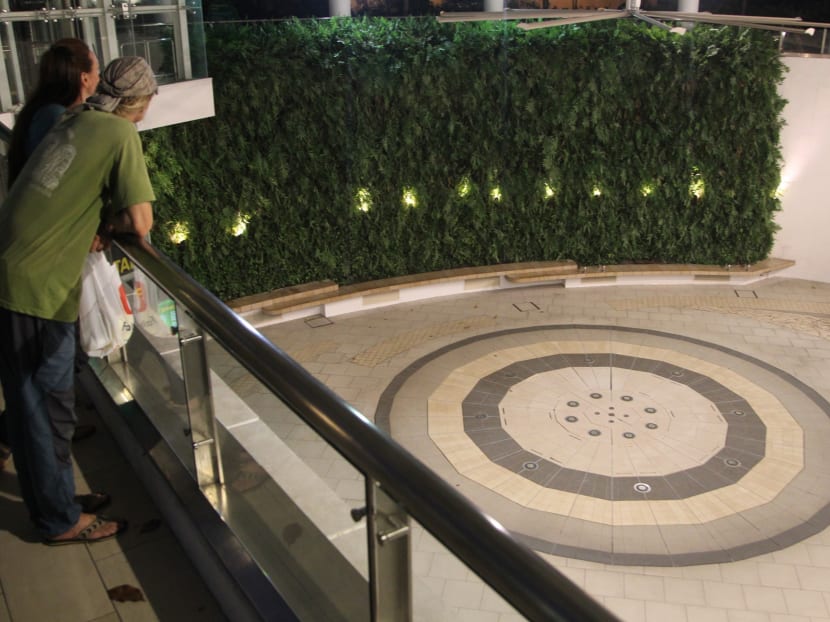
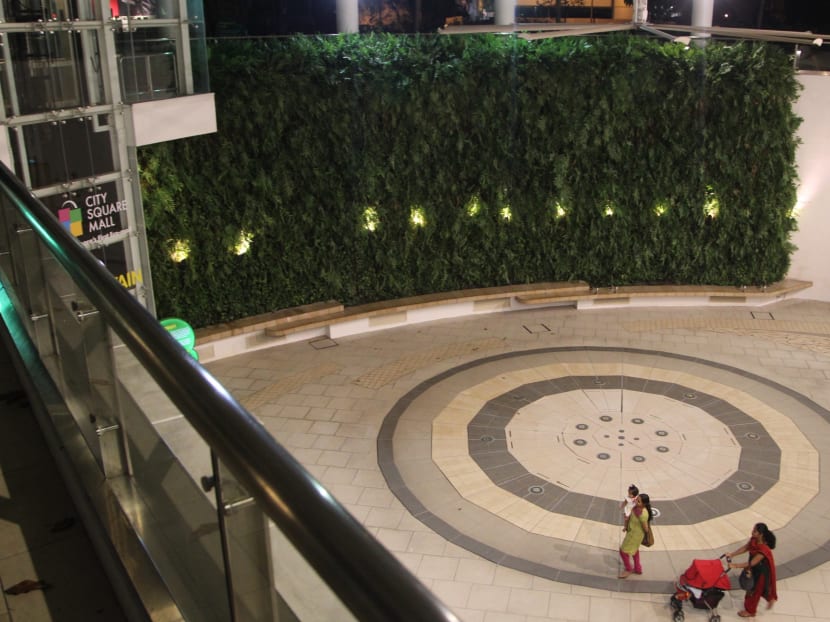
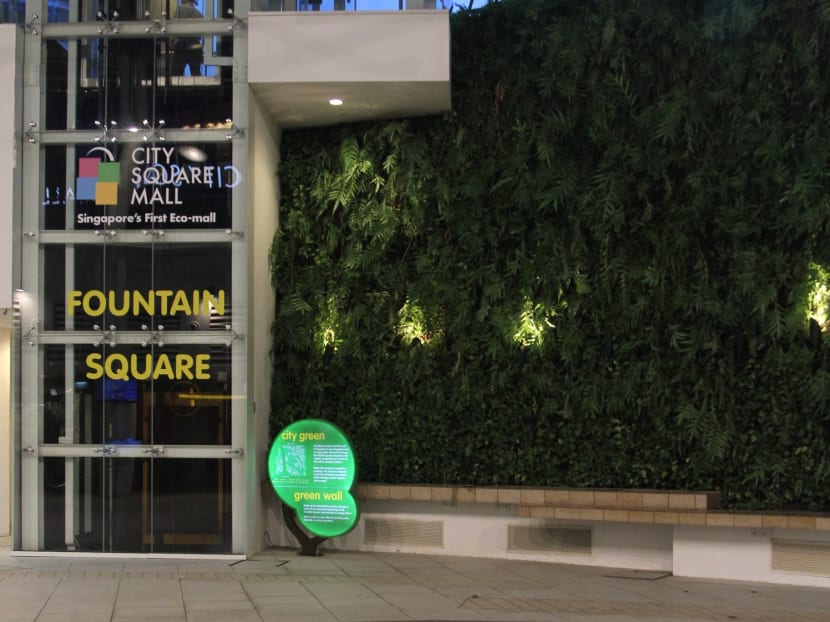
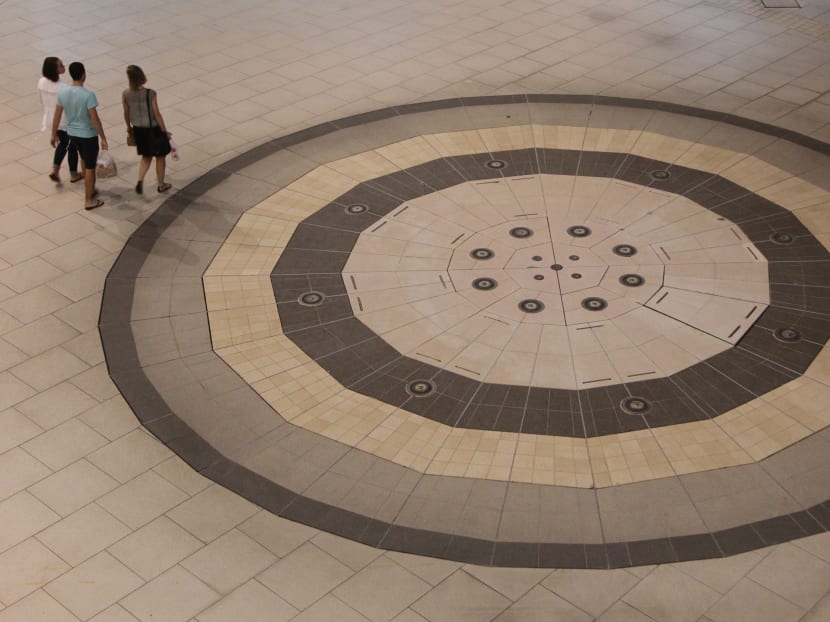
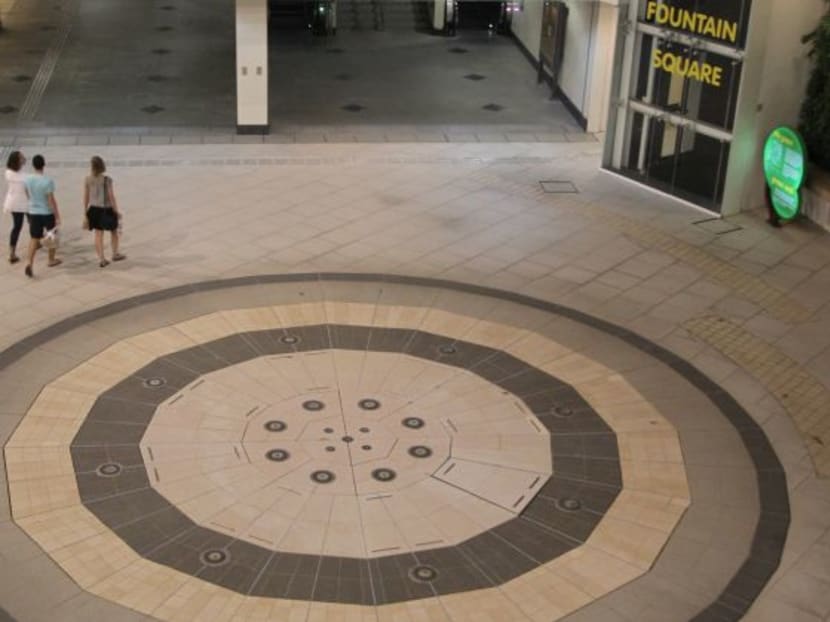
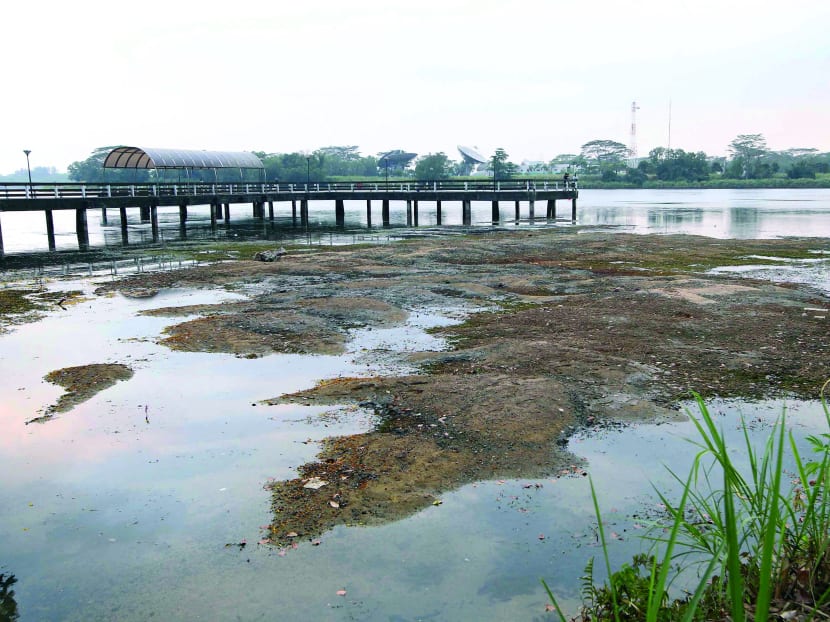
SINGAPORE — With February being the driest month in Singapore since 1869, some businesses have moved to cut their water use by deferring non-essential cleaning operations, while the PUB has temporarily closed off the water play areas at Marina Barrage, Alexandra Canal and Lower Seletar Reservoir to conserve water.
Others, such as vegetable farmers, have fewer mitigation options at their disposal — their prospects of delivering a harvest next month are withering as their water supplies dwindle, and they expect to be hit hard in the pocket from higher water bills and low crop yield.
Yesterday, the National Environment Agency (NEA) said there were only seven days of short showers last month, which occurred between Feb 7 and 19, mainly in the country’s western areas, providing a brief respite from the record 27-day dry spell between Jan 13 and Feb 8.
A dry spell occurs when less than 1mm of rainfall is registered daily over an extended period of at least 15 consecutive days.
Half of Singapore’s 64 rainfall stations recorded under 10mm of rainfall, compared to the long-term average of 161mm for February. At the Changi climate station, only 0.2mm of rain was recorded last month, breaking the previous record of 6.3mm registered in February 2010.
Singapore is in the grip of another dry spell that began on Feb 17, which was not relieved by the brief showers on Monday. The PUB has sent circulars to 25,000 non-domestic customers urging them to carry out water-saving measures. Developer City Developments (CDL) is among those that have taken extra steps to manage water usage, such as by deferring scheduled external facade cleaning and turning off or shortening the operating period of some water features at its buildings.
Vegetable farmers TODAY spoke to said there was little they could do beyond turning on the tap to water their crops — a costlier move — as their irrigation ponds dry up.
Managing Director of Yili Vegetation and Trading Alan Toh, 50, said he expects his monthly water bill to double next month from the usual S$500. He estimates that the water supply from his pond will last for another three days and is putting off planting more seedlings until the situation improves. “Right now, I’m topping up my pond with tap water and recycling water by using what we use to wash our vegetables to water my crops. We are also cutting down on the amount of water we use when watering the crops,” he said.
Mr Tan Koon Hua, 45, owner of Farm 85 Trading, said the dry spell has already led to his yield dropping by “20 to 30 per cent” at his 12ha farm in Lim Chu Kang. “There’s nothing we can do except hope and pray that it will rain,” he said.
Pointing out that the farmers had faced a similar situation during a dry spell in 2008, Kranji Countryside Association President Ivy Singh-Lim said the authorities should look into long-term solutions to help them cope.
She said: “Five years ago, a similar situation happened and the authorities came in to say that they will be digging more ponds to help the farmers with their irrigation problems. But then it rained and nobody followed up after. They should be looking at long-term solutions — don’t wait for another drought to happen.”
Mrs Singh-Lim said the association members had met the PUB last Friday to discuss solutions and it had offered to sell the farmers non-potable water at S$0.25 per cubic metre. The farmers, however, will have to fork out money for trucks to transport the water.
Said Mrs Singh-Lim: “The water is very cheap ... but the trucking will cost more than S$300 (to carry about 13 cubic metres). Potable water costs, if you add all the taxes and tariffs, if worst comes to worst, costs S$2 per cubic metre. So we might as well use tap water.”
As an interim measure, she suggested the authorities partially waive the affected farmers’ water bills to help tide them over this period, such as by charging them the price of raw water instead of potable water. “The farmers will have to bite the bullet and pay, but I hope that PUB can seriously consider giving them a discount.”
The NEA reiterated that the dry weather affecting the region is expected to persist into the first half of this month, with increased rainfall only expected in the later part of March.






